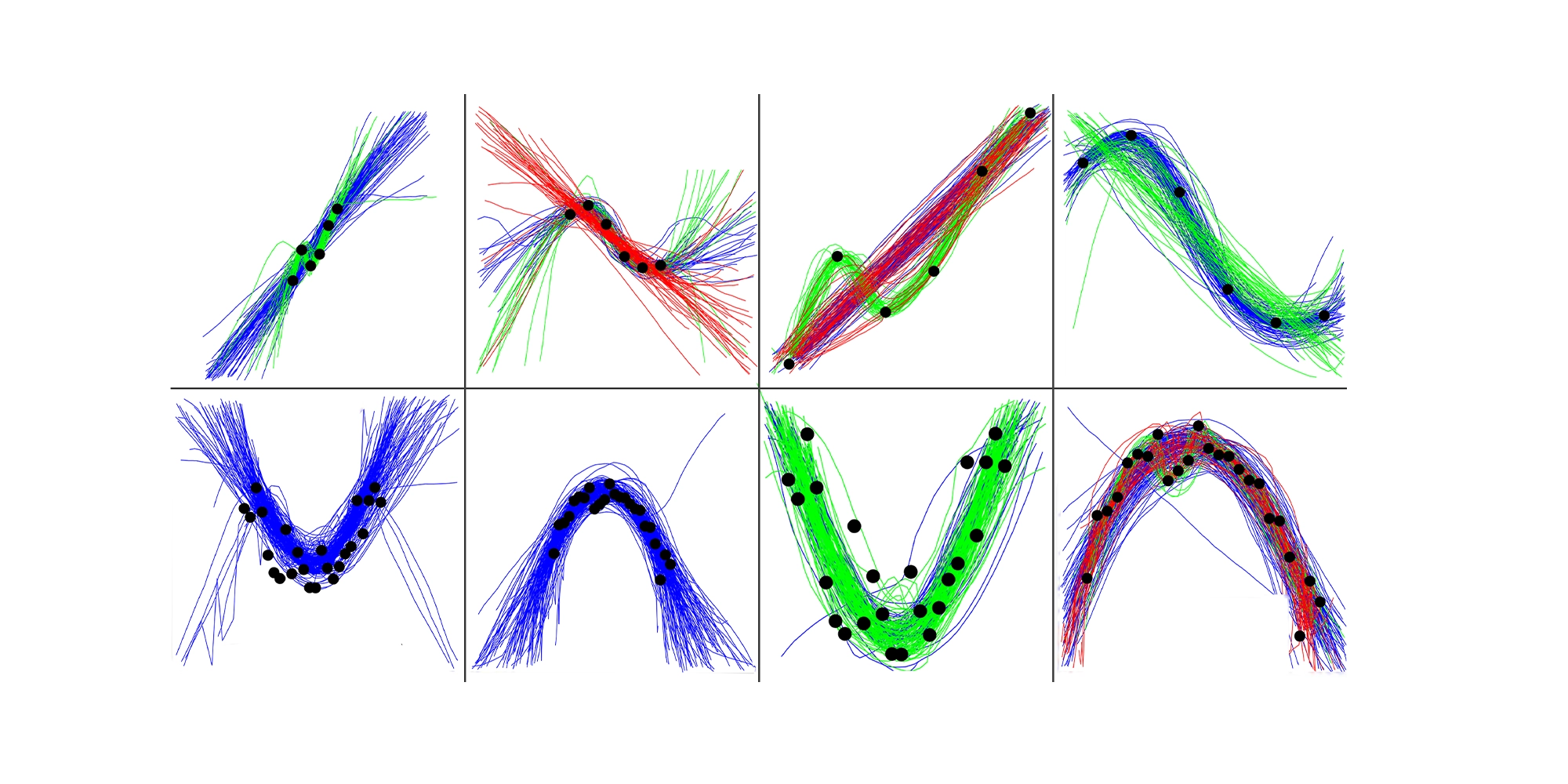Why antibiotics give you thrush and other microbiome mishaps
By Professor James Hurley Published on August 13, 2024 There are over 30 trillion bacterial and fungal cells in the human microbiome. Most are harmless to us, their host, but some are not. So how do the members of this vast microbial community get along with each other? And what happens when they don’t get along? Alexander Fleming’s accidental discovery that a fungus can kill bacteria led to the first antibiotics.



